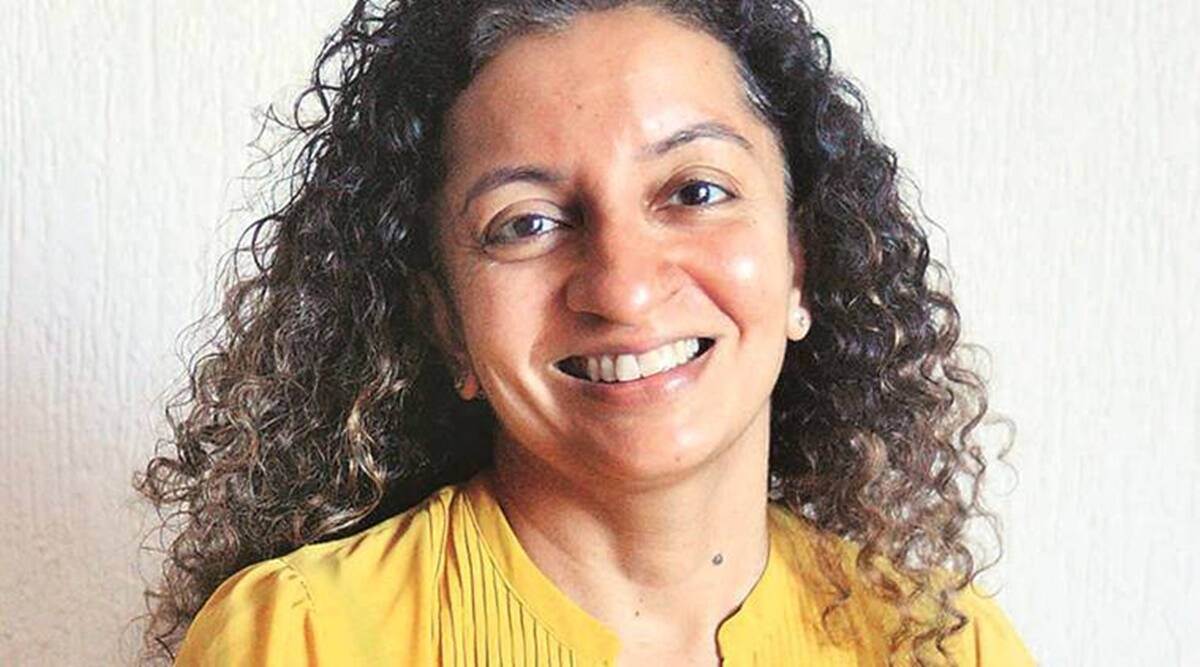 Journalist Priya Ramani
Journalist Priya Ramani AS ADDITIONAL Chief Metropolitan Magistrate Ravindra Kumar Pandey began reading out the verdict in former Union minister M J Akbar’s case against Priya Ramani, Suparna Sharma did not know what to make of it. The resident editor of The Asian Age, Delhi, had been closely following the trial, and was in the courtroom on Wednesday to support Ramani, against whom Akbar had filed a criminal defamation case for making sexual harassment allegations.
“(The magistrate) began by noting the submissions made by Akbar and we did not know which way it would go. But then he got to Priya’s part and said that the court believed her story. I started crying. For 20 years, when you don’t speak about what happened to you and then a court believes what a woman says… that’s a big deal,” Sharma said.
Over the past 18 months, the trial was closely watched by women across the country as a test of their faith in the legal institutions. When incidents of sexual harassment at workplace first began to be shared on social media in 2018, women were criticised for not following the due processes of the law. At the time, those propelling what is now referred to as India’s MeToo Movement had argued that they did not think that the law would believe their side of the story. Wednesday’s verdict has gone some way towards assuring them otherwise.
Akbar was one of the most high-profile men in India to be accused as part of the wave of sexual harassment allegations on social media in 2018. Throughout the trial, the burden of his argument, as presented by senior advocate Geeta Luthra, was that Ramani’s allegation was untrue and that it had harmed his reputation.
As a defence against accusations of sexual harassment, this argument was deemed inadequate by the court on Wednesday, when magistrate Pandey said, “Right of reputation can’t be protected at the cost of right to dignity.”
Sharma said, “The court has been able to protect a woman’s right to her story. Her truth has been upheld and it’s been shown that a man’s reputation is not above and beyond it.”
It echoed what Ramani said in her statement after acquittal: “I feel vindicated on behalf of all the women who have ever spoken up about sexual harassment in the workplace. Sexual harassment has got the attention it deserved, despite the fact that it was me the victim who had to stand up in court as the accused.”
Senior journalist Meenal Baghel, who along with Sharma and 18 other women journalists had signed a statement in support of Ramani, said the verdict has great implications for the movement against sexual harassment at workplace. “While this is a case of defamation and not sexual harassment, and the two have to be separated, Wednesday’s verdict will empower many women to speak up against sexual harassment at the workplace and also force institutions and companies to further strengthen mechanisms to safeguard victims of sexual harassment.”
Referring to the case as “the most important” of her career, senior advocate Rebecca John, who represented Ramani, said, “It was important, not in terms of the seriousness of the case, but the moral and ethical battle we were fighting.” She said that it was not just Ramani who was vindicated, but all those who had called out their harassers. “(The verdict) brought the focus right back on the issue and was monumental in terms of acknowledging what women did with MeToo. It showed that you may be a powerful man, but when a woman speaks her truth, it matters.”
The verdict is significant in another way, too, said Sharma. “It upholds a woman’s right to her silence and her right to break her silence,” she said.
Ghazala Wahab, who had also been a witness in the case, said on Twitter, “A day to remember that #MeToo is not a movement. It’s a consciousness about demanding and expecting safe workplaces, whether at home or outside. Women, who can, must always stand up for themselves, and for those who are unable to stand for themselves.”
The sense of victory went beyond this case. In a response on Instagram, singer Chinmayi Sripada, who accused prominent Tamil lyricist Vairamuthu of sexual harassment in 2018, called it a “a personal victory”. “Priya Ramani won it for all of us… (the judgment) is so important for women to out their molesters. Your truth is your truth, no matter how long it takes for you to come out with it. Eventually, truth does win,” she wrote.